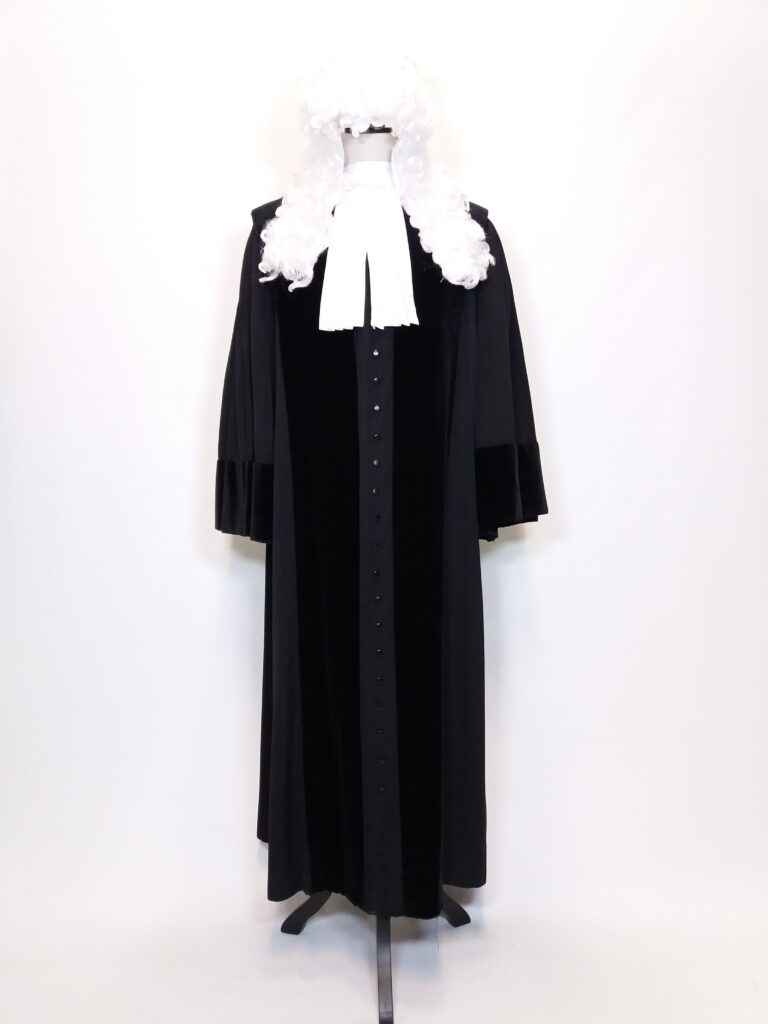
Supreme Court reprimands judge for attempting to undermine MH17 process
Citaat Marcus Aurelius: “Alles wat we horen is een mening, geen feit. Alles wat we zien is een perspectief, niet de waarheid”.
Zo kopt het FD over een bijzondere zaak (NRC 11/7/23 artikel Thomas Borst). Nooit eerder heeft de Hoge Raad een rechter berispt, die de rechtsgang in een strafrechtelijke procedure heeft willen beïnvloeden. In dit geval de MH17 zaak. Bijzonder, dat FD haar naam heeft kunnen achterhalen. De uitspraak zelf is namelijk geanonimiseerd. Zij is niet ontslagen, maar berispt, omdat zij inzicht heeft getoond, dat haar handelen niet past bij haar functie als rechter. Zij mag een eigen mening hebben, maar niet een rechtsgang beïnvloeden. Het schijnt, dat zij is overgeplaatst naar een ander vakgebied.
Een rechter, nu bekend door haar naam, met wie ik in mijn eerste jaren bij de inspectie vennootschapsbelasting in Den Haag een potje tafeltennis heb gespeeld. Wie er heeft gewonnen, weet ik niet meer.
Het leert, dat rechters gewone mensen zijn, maar wel met een bijzondere taak: het beschermen van de trias politica. Haar blinddoek staat voor rechtspraak zonder aanzien des persoons, haar weegschaal voor het afwegen van feiten en omstandigheden, haar zwaard voor het vonnis.
De afweging van feiten en omstandigheden is een mix van objectiviteit én subjectiviteit. Daarom is het mogelijk in beroep te gaan bij hogere rechters voor een mogelijk andere afweging. In de voorgelegde zaak. Niets vreemd aan een mens is, dat de lagere rechter informeel contact heeft met haar hogere collega. Of omgekeerd. Bijv. in de kantine. Maar duidelijk moet zijn, dat die blinddoek er niet voor niets is: onafhankelijk en alleen de feiten en omstandigheden in het voorgelegde geval gelden.
Haar mening als lagere rechter doordrukken bij haar hoger beroep collega past daar niet bij. Wellicht wettelijk niet verboden, maar ook niet integer. Een rechter moet hoge standaarden naleven.
Maar geldt dit ook voor haar mening in een andere niet aan haar als rechter voorgelegde zaak? Er zijn rechters die zich op persoonlijke titel uiten in de mainstream/sociale media. Kennelijk toegestaan, maar dan weet de burger wel wat deze rechter te wachten staat, als een zaak met dat onderwerp bij die rechter wordt voorgelegd: wraking.
Stel, dat de bewuste rechter haar mening over de MH17 (whodunnit) op LinkedIn had geplaatst (misschien zelfs gebeurd). Een oproep aan het OM om haar opvatting over te nemen. Dat levert gefronste wenkbrauwen op. Niet meer. Wordt dit anders als zij op de deur van het onderzoeksteam klopt en haar geschreven mening overhandigt? Volgens de Hoge Raad wel. Je mag alles zeggen als rechter, maar vertrouwen in het gezag en de onpartijdigheid van de rechterlijke macht mogen niet worden ondermijnd. Dat is hier gebeurd. Dat zal stof geven voor broodschrijvers. Wat er ook van zij. De complottisten zullen weer overuren maken.
For example, the FD headlines about a special case (NRC 11/7/23 article Thomas Borst). Never before has the Supreme Court reprimanded a judge who sought to influence the course of justice in criminal proceedings. In this case the MH17 case. Special that FD was able to find out her name. The statement itself is anonymized. She was not fired, but reprimanded because she showed insight that her actions are not in keeping with her position as a judge. She may have her own opinion, but not influence a legal process. It seems that she has been transferred to another field.
A judge, now known by her name, with whom I played a game of table tennis in my first years at the corporate tax inspectorate in The Hague. I don’t remember who won.
It teaches that judges are ordinary people, but with a special task: to protect the trias politica. Her blindfold stands for judgment without respect of persons, her scales for weighing facts and circumstances, her sword for verdict.
The consideration of facts and circumstances is a mix of objectivity and subjectivity. That is why it is possible to appeal to higher courts for a possible different assessment. In the presented case. It is nothing strange to a person that the lower judge has informal contact with her higher colleague. Or vice versa. E.g. In the cafetaria. But it must be clear that the blindfold is there for a reason: independent and only the facts and circumstances in the presented case apply.
Forcing her opinion as a lower court to her higher appeal colleague does not fit in with that. Perhaps not legally prohibited, but not with integrity either. A judge must live up to high standards.
But does this also apply to her opinion in another case not submitted to her as a judge? There are judges who express themselves in a personal capacity in the mainstream/social media. Apparently permitted, but then the citizen will know what awaits this judge if a case with that subject is submitted to that judge: challenge.
Suppose that the judge in question had posted her opinion about the MH17 (whodunnit) on LinkedIn (maybe even happened). A call to the Public Prosecution Service to adopt her view. That produces furrowed eyebrows. Not anymore. Will this change if she knocks on the research team’s door and hands over her written opinion? According to the Supreme Court, yes. You can say anything as a judge, but trust in the authority and impartiality of the judiciary must not be undermined. That happened here. That will provide food for hackers. Whatever of them. The conspiracy theorists will work overtime again
Ricky Turpijn



